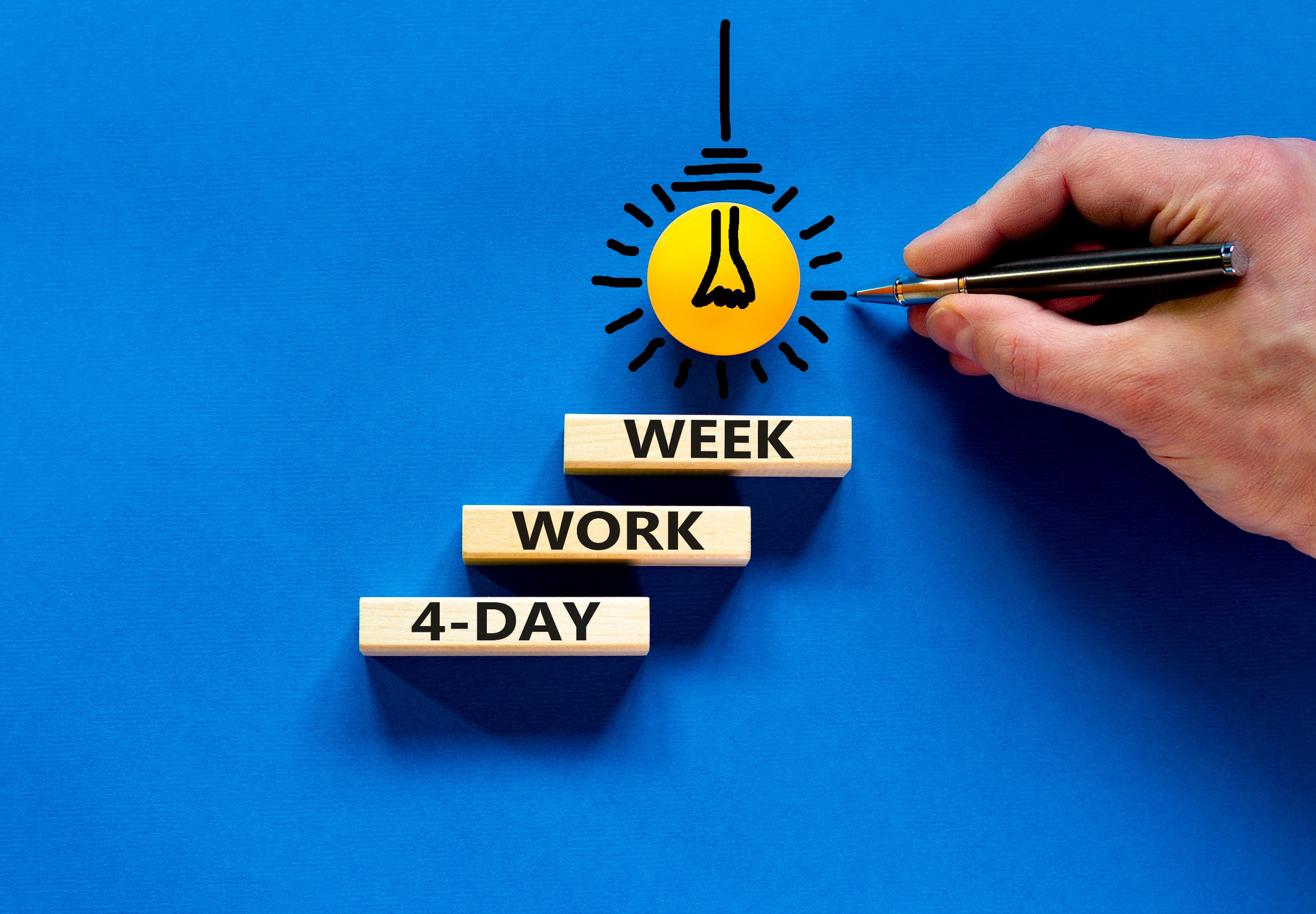Employers in Australia and New Zealand embrace four-day workweek
- Champa Ha

More businesses are encouraged to consider shifting to a four-day workweek, thanks to successful trials in Australia and New Zealand which showed widespread benefits between employees, organisations, and society.
According to Professor Joe Jiang, Royal Melbourne Institute of Technology’s (RMIT) Head of Business Management, successful trials of the four-day work week in Australia and New Zealand represents a “game changer” in the way we think about work, reported The Australian.
“It is not surprising that the reduction of working hours/days, without a pay cut, improves employees’ wellbeing, which can further boost their performance, productivity, innovation and creativity,” he said, calling the introduction of a four-day workweek a “strong message” about work-life balance, openness to new and innovative solutions to support employees, and a commitment to building a sustainable and resilient workforce.
Professor Jiang cited the benefits of a four-day workweek that could extend to the wider community, such as reducing work commute time, exposure to carbon pollution and traffic, as well as enriching and increasing family bonding moments for parents of all genders in the case of caregiving. Equal employee opportunities regardless of gender was also a positive effect of the four-day work week.
While most data currently available on the four-day workweek is from developed countries, Professor Jiang is looking forward to seeing pilot programmes trialled in places like South Africa and Brazil.
READ MORE: Australia considers nationwide four-day workweek trial
The trials for the Four Day Work Week Global saw 26 companies in Australia and New Zealand try out the shorter week with the same pay for half a year. It found 95% of participating businesses looking to making the switch permanently, with two-thirds of respondents reported feeling less burnout and nearly two in five feeling less stressed.






